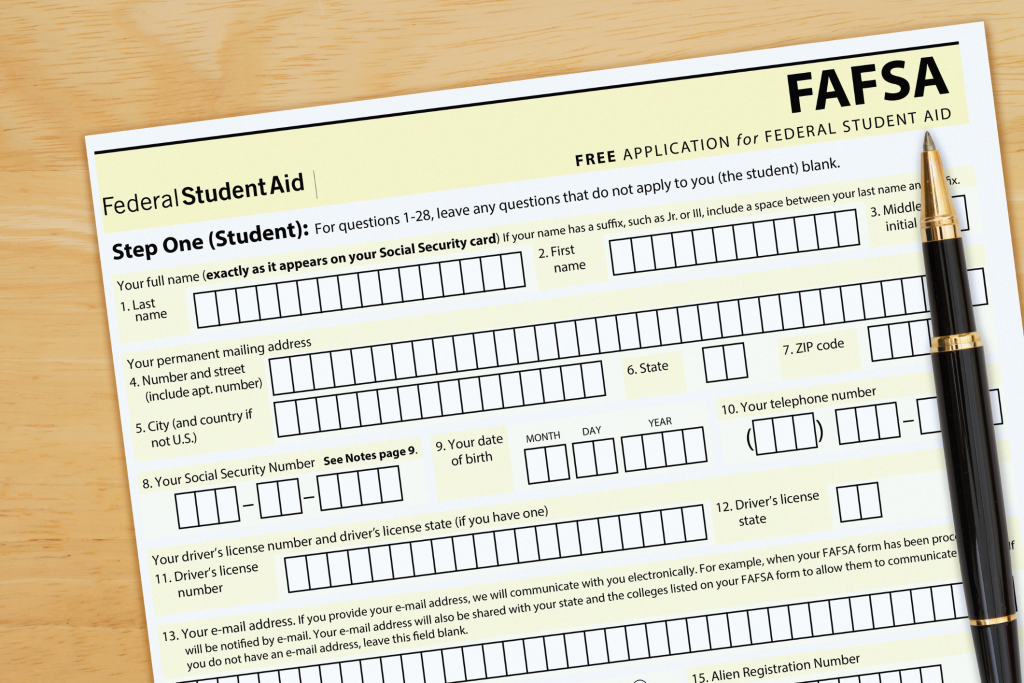Our Work
Publications
Use the filters below to view our work by our various research areas.
December 2025
Tiffany Flax is a former New Jersey State Policy Lab summer intern and an undergraduate student pursuing a double major in Political Science and English at Rutgers University. Segregation in public schools, specifically along racial and economic lines, continues to impact the educational outcomes for countless students. Importantly, racial and economic segregation of schools […]
December 2025
Chronic absenteeism—defined as missing 10 percent or more school days during the school year—remains a concern for some K-12 school leaders and educators. According to the New Jersey Department of Education, chronic absenteeism can be a predictor of low literacy levels, high dropout rates, and poor health outcomes in adulthood. During the 2021-22 school year […]
November 2025
According to the National Student Clearinghouse, more than 790,000 New Jersey residents have earned some college credit but left school before completing their credential or degree. In Spring 2023, New Jersey launched a multi-faceted statewide ‘Some College, No Degree’ (SCND) initiative. Through this effort, the Office of the Secretary of Higher Education (OSHE) is working […]
November 2025
Digital/Tech • Economics • Education • Environment • Health • Housing • Public Administration • Transportation • Women, Children, & Families
As New Jersey prepares to elect our next governor tomorrow, November 4th, the months ahead offer a pivotal opportunity to chart a path toward a more innovative and resilient state. To help inform this transition, the New Jersey State Policy Lab invited affiliated faculty and staff to identify the most pressing priorities for the next […]
October 2025
At the state and national levels, there is a growing recognition that improving college access in isolation is not sufficient. The focus on ensuring that students have the support they need to succeed has shifted the focus to persistence and completion. In research conducted with the New Jersey State Policy Lab and the Newark City […]
October 2025
Community colleges play a vital role in expanding access to higher education, especially for students from historically underserved communities. Understanding how students navigate the transfer pathway from two-year to four-year institutions is essential for improving educational outcomes. This blog highlights findings from the National Student Clearinghouse’s Tracking Transfer report, comparing New Jersey’s community college students […]
October 2025
The Free Application for Federal Student Aid (FAFSA) provides access to the largest source of financial aid to pay for a 2- or 4- year college or vocational school. Students who complete it are more likely to enroll in and persist through college (Debaun, 2019; McKinney & Novak, 2013; Novak & McKinney, 2011). However, financial […]
September 2025
From 2016 through 2022, all teacher education candidates in New Jersey were required by statute to complete a specific performance assessment, the Educative Teacher Performance Assessment (edTPA), in order to gain certification. edTPA is a complex performance assessment that requires candidates to share lesson plans, a video from the classroom they teach, and the assessments […]
July 2025
The Annie E. Casey Foundation has released its 36th Kids Count Data Book, providing updated insights into the well-being of children in New Jersey and across the nation[1]. The report assesses child well-being in all 50 states using 16 key indicators organized into four categories: Economic Well-being, Education, Health, and Family and Community. New Jersey […]
July 2025
Supporting New Jersey residents in returning to college after leaving without a credential has been an increasing focus of the state’s recent efforts[1]. A newly released report by the National Student Clearing House Research Center offers updated insights into the status of individuals with some college but no credential in New Jersey and across the […]
May 2025
The National Student Clearing House Research Center has released a new Undergraduate Degree Earners report covering the 2023-2024 academic year[1]. According to the report, more than 59,300 students in New Jersey earned an associate or bachelor’s degree during the 2023–2024 academic year—a 0.5% decrease from the previous year. This figure also marks the lowest number […]
April 2025
Cannabis • Digital/Tech • Economics • Education • Environment • Health • Housing • Public Administration • R/ECON™ • Transportation • Women, Children, & Families
As the New Jersey State Policy Lab (NJSPL) reaches its fourth anniversary, it is my honor to serve as the Executive Director, working with an incredible team of dedicated professionals to better understand and investigate policy issues impacting the state. The NJSPL was created as the result of a grant from the Office of the Secretary […]












